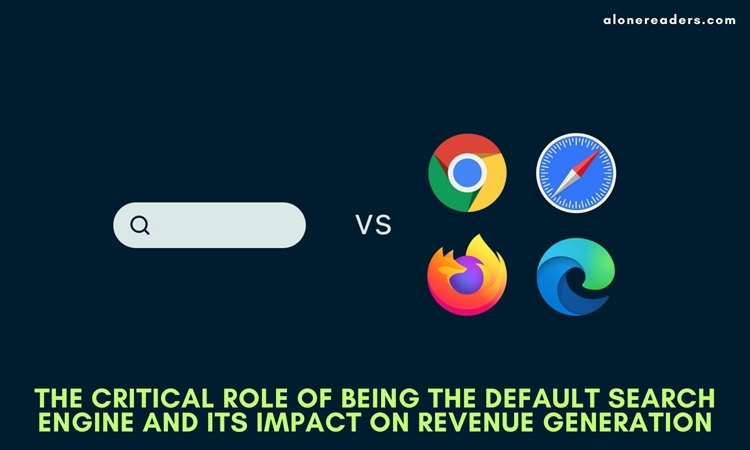
In the digital age, being the default search engine on devices such as smartphones, tablets, and laptops is not just a matter of prestige but a cornerstone for financial success. This article delves into why being the default search engine is vitally important and how search engines like Google and Bing turn this advantage into a significant revenue stream.
Google's search engine, a major revenue generator for Alphabet Inc., exemplifies the importance of this default status. In 2017 alone, Google Search contributed $162 billion to Alphabet's $279.8 billion revenue. This dominance, however, is not unchallenged. Samsung's recent negotiations to replace Google with Bing on its smartphones mark a potential shift in the search engine landscape. Such changes highlight the critical nature of maintaining default search engine status for these tech giants.
The primary revenue source for search engines is advertising. This model, often referred to as Pay-Per-Click (PPC), involves advertisers paying the search engine to display sponsored results or ads based on user search queries. These ads typically appear at the top or bottom of search engine results pages (SERPs), labeled as "sponsored" or "ad." The revenue generated is directly proportional to the number of clicks these ads receive.
Additionally, search engines collect and utilize user data for targeted advertising. By tracking search histories, IP addresses, and even fingerprinting devices, search engines create user profiles. These profiles are then used to target ads more effectively. For instance, someone frequently searching for food recipes might see more ads for restaurants or cooking products.
Despite the option to change default search engines, there is a significant inertia among users to do so. The effort required to switch and the unfamiliarity with other search engines often lead users to stick with the default. This inertia is beneficial for default search engines as it ensures a larger user base, increased traffic, and consequently, more advertising revenue.
The perceived safety and compatibility of the default search engine, often pre-installed on devices, further adds to its appeal. This perception, though somewhat illusory, is a significant factor in retaining users.
While being pre-installed offers search engines a competitive edge, it can also lead to antitrust concerns. For example, the European Commission criticized Google for pre-installing Chrome and Google Search on Android devices. To address these concerns, Google introduced a 'choice screen' in the European Economic Area (EEA), allowing users to select from different search engines on Android devices.
The advent of AI in search engines is revolutionizing the industry. This technological leap forward enhances search engine functionality and user experience but also intensifies the competition for default status. The race to integrate advanced AI features is a testament to the ongoing battle for dominance in the search engine market.
Being the default search engine is a crucial strategic position that significantly impacts a company's revenue and market dominance. As the search engine landscape continues to evolve, especially with advancements in AI, the importance of this status remains a constant. Companies like Google and Bing not only benefit financially from being the default choice but also shape user experience and influence internet browsing habits globally. As technology and user preferences evolve, the competition to maintain this advantageous position will undoubtedly intensify, further underscoring its importance in the digital economy.